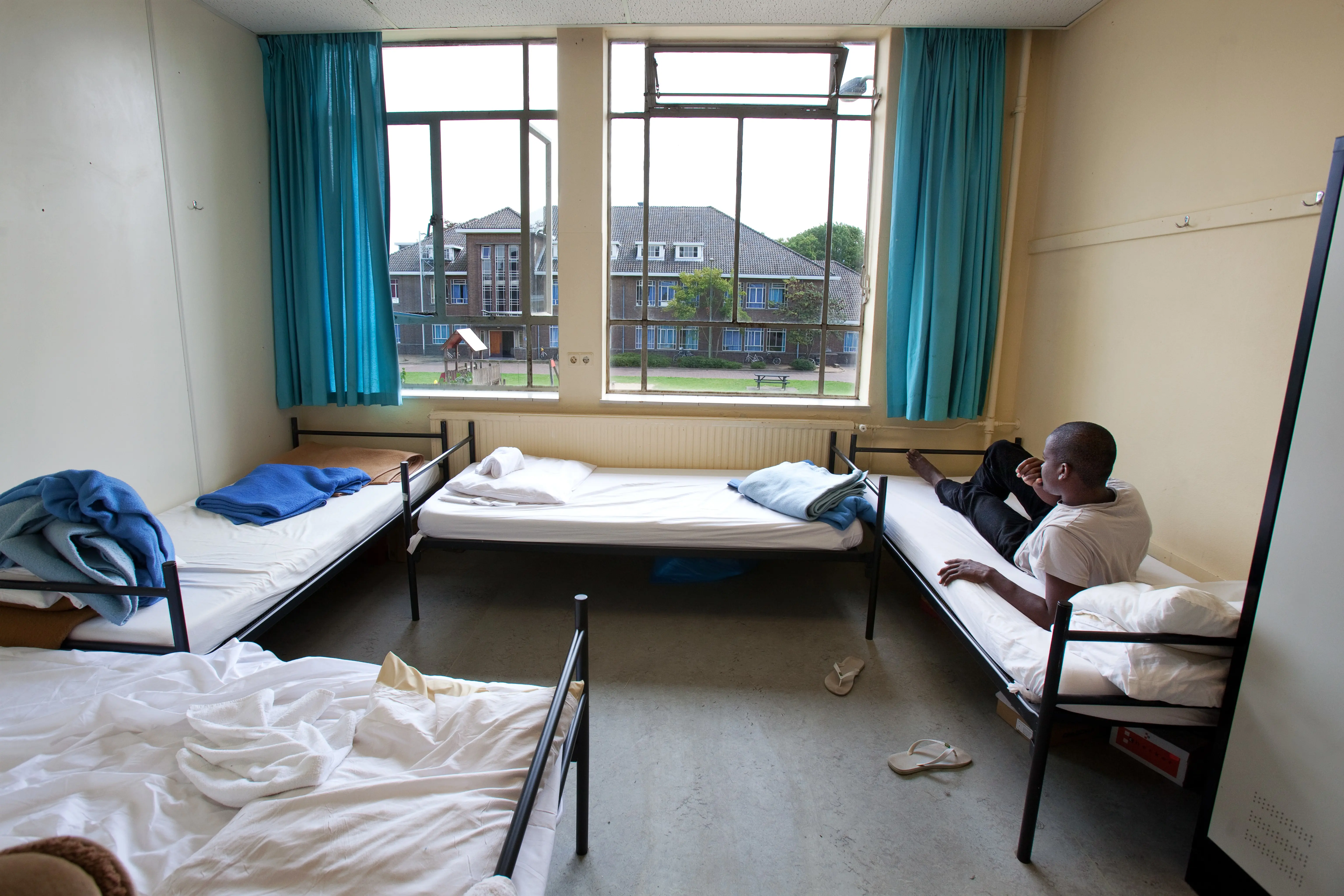
New law passed for better asylum reception centres in the Netherlands
A new law has been passed to improve asylum reception centres in the Netherlands. Due to this law, there should be enough places in reception centres in Dutch municipalities to accommodate all refugees. The law will go into effect on 1 February 2024.
For some time there have been too few places in reception centres in the Netherlands for people applying for asylum. There are also too few places for people with asylum residence permits who have not yet been given a home.
As a result, reception centres are often too full. Emergency locations that are not suitable as reception centres are also used. Such as tents and event halls. And people have to move from one temporary place to another.
Not enough places in reception centres and unsafe situation in Ter Apel
Municipalities are required to arrange places in reception centres
The
The Ministry of Security and Justice can require municipalities to receive people under the new law. How many people a municipality must accommodate depends on the number of inhabitants of that municipality. Larger municipalities must accommodate more people than smaller municipalities. In this way, places in reception centres are distributed fairly. It also allows municipalities and residents to better prepare the reception centres.
Municipalities may cooperate with each other to regulate the number of places in reception centres
Not all municipalities need to have reception centres. Municipalities in a province can make a plan together. For example, one municipality can arrange more places in reception centres, leaving another municipality with nothing to do.
Municipalities can decide for themselves how to organise reception centres. For example, they can:
Build a large reception centre (for more than 100 people).
Build multiple small-scale reception centres (for less than 100 people).
Give more people with residence permits homes in their municipalities than they should at a minimum.
The secretary of state for asylum can intervene if the province's plan does not work well. The secretary of state can then require municipalities to provide more places.
The new rules do not immediately create new places in reception centres
It will be a while before the new rules really change anything. The law goes into effect on 1 February 2024, but municipalities will first have 9 months to come up with a plan and consult. So for now, temporary reception centres will still be needed. And conditions will not get better right away either.
The secretary of state hopes that new reception centres will soon be established. But it could be years before everything is really sorted out.
Here is what you can do if you are unhappy with the reception centre
Future of law still uncertain due to coalition negotiations
Many political parties welcome the new law. So does the COA and many municipalities. However, some political parties are against the new law. For example, the PVV, VVD, NSC and BBB. They have been negotiating with each other for a new government since the
If these parties form a government together, the law may be affected. A new government cannot take away the law immediately, but they can change the law. Or implement it differently than currently conceived by the current government.